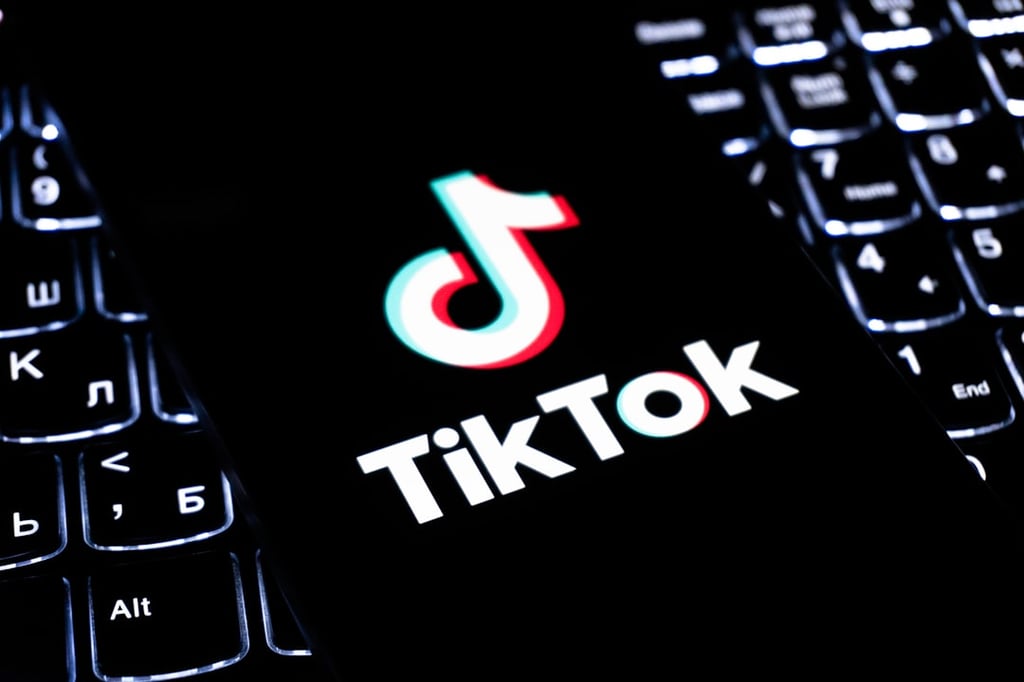In terms of mobile productivity, Apple has conquered the enterprise. Good Technology’s new Mobility Index Report for the second and third quarters of 2013 reveals that iOS is the mobile platform of choice for business apps. “While Android is gaining enterprise market share on the device side, iOS dominates as platform of choice for enterprise […]
Datamation content and product recommendations are
editorially independent. We may make money when you click on links
to our partners.
Learn More
In terms of mobile productivity, Apple has conquered the enterprise.
Good Technology’s new Mobility Index Report for the second and third quarters of 2013 reveals that iOS is the mobile platform of choice for business apps. “While Android is gaining enterprise market share on the device side, iOS dominates as platform of choice for enterprise app deployment, with 98 percent and 95 percent of total app activations in Q2 and Q3 respectively,” stated the report.
While Microsoft’s share of the mobile market pales compared to Apple and Google, the company still asserts a big influence. Users seeking to work with Word, Excel and PowerPoint files on the go have helped make document editing apps the most popular mobile software category (56 percent). File access and syncing apps came in second with 20 percent.
The mobile secure management software specialist’s figures are drawn from internal data generated by the company’s customer base, which include large Fortune 100 firms and government customers. And the study’s results show that iPads are leading the tablet race.
Maintaining a “stronghold on tablet use within the enterprise,” the iPad accounted for 90 percent of tablet activations during the third quarter. After a stint at 16 percent during the second quarter, tablets running Google’s Android mobile operating system fell to 10 percent of activations in the third quarter. Tablets are most popular in financial services industry, followed by business and professional firms and manufacturing companies.
Overall, mobile devices are gaining popularity as bring your own device (BYOD) initiatives become more pervasive. Mobile device activations rose nearly 60 percent in the third quarter, “indicating that the rise of mobility continues to grow at a staggering pace,” stated the company.
During the second and third quarters, iOS accounted for 69 percent and 72 percent of device activations, respectively. Android trailed with 30 percent in Q2 and 27 percent in Q3. Windows remains a blip with just one percent for both quarters. The company does not report on BlackBerry.
The report also sheds some light on how users get work done with their tablets and smartphones. Tablets ran eighty-one percent of mobile apps activated during the third quarter. Document editing apps accounted for 91 percent of activations, followed by file access and custom apps.
“Smartphones edge out tablets for instant messaging,” noted the report. Custom apps take the lead on smartphones, followed by document editing and mobile unified communications apps.
Pedro Hernandez is a contributing editor at Datamation. Follow him on Twitter @ecoINSITE.
Photo courtesy of Shutterstock.
-
Ethics and Artificial Intelligence: Driving Greater Equality
FEATURE | By James Maguire,
December 16, 2020
-
AI vs. Machine Learning vs. Deep Learning
FEATURE | By Cynthia Harvey,
December 11, 2020
-
Huawei’s AI Update: Things Are Moving Faster Than We Think
FEATURE | By Rob Enderle,
December 04, 2020
-
Keeping Machine Learning Algorithms Honest in the ‘Ethics-First’ Era
ARTIFICIAL INTELLIGENCE | By Guest Author,
November 18, 2020
-
Key Trends in Chatbots and RPA
FEATURE | By Guest Author,
November 10, 2020
-
Top 10 AIOps Companies
FEATURE | By Samuel Greengard,
November 05, 2020
-
What is Text Analysis?
ARTIFICIAL INTELLIGENCE | By Guest Author,
November 02, 2020
-
How Intel’s Work With Autonomous Cars Could Redefine General Purpose AI
ARTIFICIAL INTELLIGENCE | By Rob Enderle,
October 29, 2020
-
Dell Technologies World: Weaving Together Human And Machine Interaction For AI And Robotics
ARTIFICIAL INTELLIGENCE | By Rob Enderle,
October 23, 2020
-
The Super Moderator, or How IBM Project Debater Could Save Social Media
FEATURE | By Rob Enderle,
October 16, 2020
-
Top 10 Chatbot Platforms
FEATURE | By Cynthia Harvey,
October 07, 2020
-
Finding a Career Path in AI
ARTIFICIAL INTELLIGENCE | By Guest Author,
October 05, 2020
-
CIOs Discuss the Promise of AI and Data Science
FEATURE | By Guest Author,
September 25, 2020
-
Microsoft Is Building An AI Product That Could Predict The Future
FEATURE | By Rob Enderle,
September 25, 2020
-
Top 10 Machine Learning Companies 2021
FEATURE | By Cynthia Harvey,
September 22, 2020
-
NVIDIA and ARM: Massively Changing The AI Landscape
ARTIFICIAL INTELLIGENCE | By Rob Enderle,
September 18, 2020
-
Continuous Intelligence: Expert Discussion [Video and Podcast]
ARTIFICIAL INTELLIGENCE | By James Maguire,
September 14, 2020
-
Artificial Intelligence: Governance and Ethics [Video]
ARTIFICIAL INTELLIGENCE | By James Maguire,
September 13, 2020
-
IBM Watson At The US Open: Showcasing The Power Of A Mature Enterprise-Class AI
FEATURE | By Rob Enderle,
September 11, 2020
-
Artificial Intelligence: Perception vs. Reality
FEATURE | By James Maguire,
September 09, 2020
SEE ALL
ARTICLES
Pedro Hernandez is a contributor to Datamation, eWEEK, and the IT Business Edge Network, the network for technology professionals. Previously, he served as a managing editor for the Internet.com network of IT-related websites and as the Green IT curator for GigaOM Pro.









